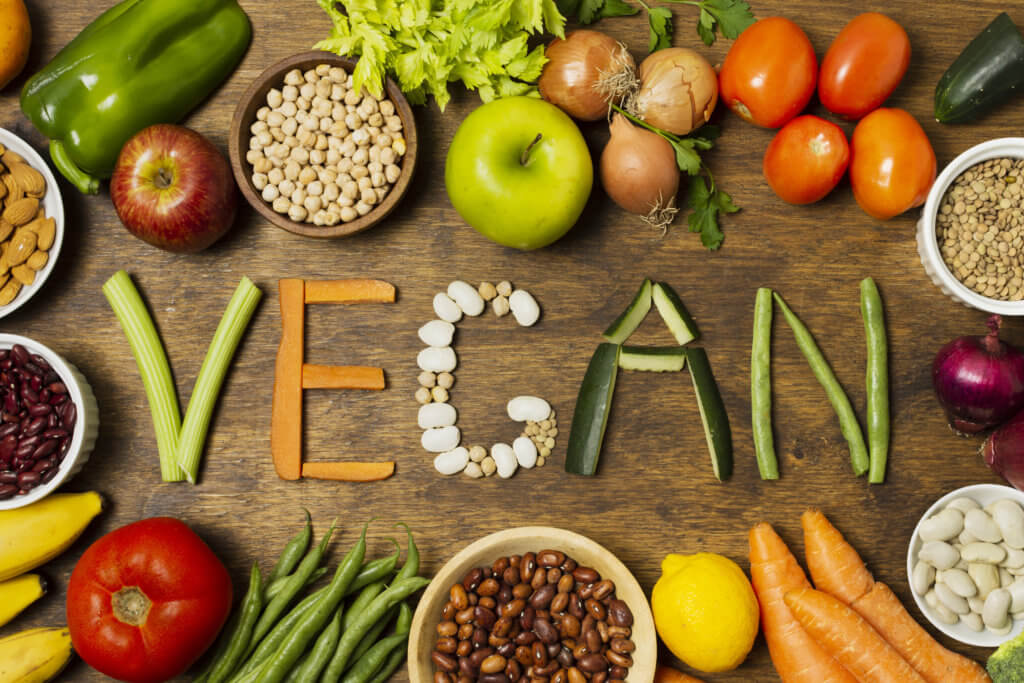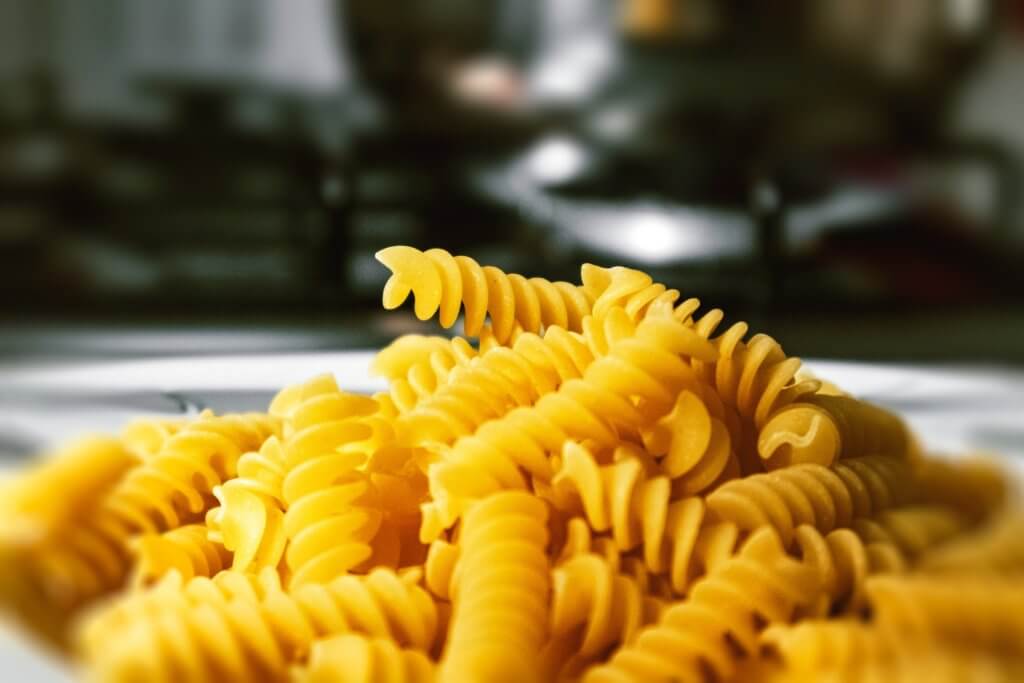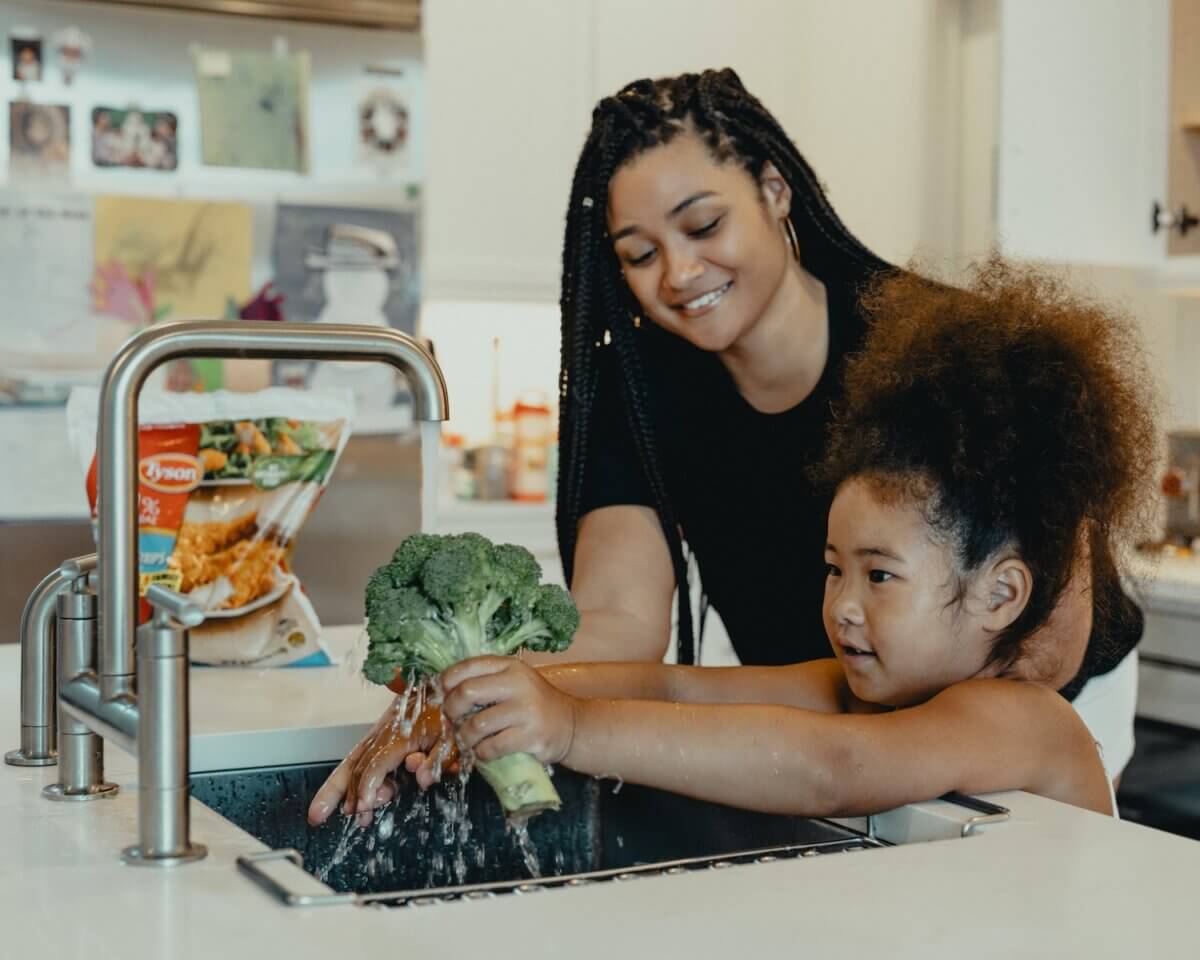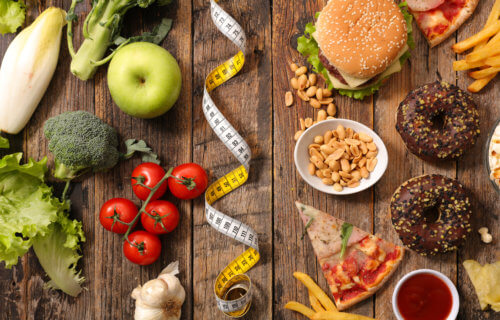One thing we all know for sure about nutrition is that everyone has a different opinion. Some say vegan diets are best, while others claim keto cured all of their problems, so that must be the best instead. Some nutritional research suggests that mangos help lower blood pressure, while another study finds no correlation at all. The lack of consistency in nutritional research and discussion can be annoying, but it goes to show that there is rarely any one-size-fits-all approach.
There are a few standards that most people can agree on about nutrition, namely that added sugar should be limited and that fruits and vegetables should make up a considerable part of everybody’s diet. Although there will be people who disagree even with these concepts, this is a no-brainer for most. As a dietitian, I definitely co-sign these two statements, but there are also a few unpopular thoughts I have that don’t always make people happy. Here are my top three unpopular takes:
‘Vegan’ is not synonymous with healthy
Eating vegan is not the healthiest thing you can do, nor is it morally superior. A plant-based diet has a lot of irrefutable benefits, given that it consists of far more fruits and vegetables than a non-vegan diet on average.
While avocados and bananas are vegan, Oreos and Sweet Chili Doritos are too. It can be easy to immediately equate a vegan diet with a healthy diet because “vegan” for a lot of people means a lot of fruits, vegetables, and no Chick-fil-A, ever. However, the word just means the exclusion of all animal products. There are many vegans who eat that way simply for ethical reasons and hardly eat any vegetables or fruits. Nowadays, it’s very easy to eat ultra-processed vegan alternatives and find fast food hacks at places like Chick-fil-A.

Carbs do not make you fat
Carbs have been nutrition’s punching bag for decades. There are so many baseless claims out there that perpetuate the false notion that they make you gain weight or make it hard to lose excess pounds. Carbs are not the enemy, they are actually the body’s preferred energy source. This isn’t to say that all carbs are equal. Both broccoli and vanilla cupcakes have carbs, but clearly, one source is more nutritious than the other. People who struggle to lose weight while eating carbs are likely struggling with specific situations that involve carbs, while the carbs themselves are not the problem. The two biggest reasons are:
- Insulin resistance, which often stems from the overconsumption of refined foods, can make people gain weight and make it even more difficult to get rid of it. Medical conditions like polycystic ovarian syndrome (PCOS) are also implicated in insulin resistance.
- Feeling out of control around carbs and overeating them, thus making it difficult to lose weight. People who struggle with this find that losing weight is a lot easier when they remove carbs from their diet altogether for this reason.
The common denominator for both of these points is overeating highly refined carbs and not consuming a moderate amount of fruits, vegetables, and whole grains.

‘Organic’ does not mean healthier
For almost any snack food you can think of nowadays, there is a brand that has an “organic” variety of it. Items like Cheez-It and Pop-Tarts are all popular foods that have organic dupes. However, these alternatives still contain refined sugars and have undergone high levels of processing. The difference? They cost you more money.
The United States Department of Agriculture (USDA) has recently updated its organic food regulation after facing allegations that farmers were labeling their food as organic when it was not. Currently, “100% organic” or “certified organic” labels both require certification. “Organic” labeling on products allows up to five percent non-certified organic materials. This means that even if something is labeled “organic,” 95 percent of the product has to actually be organic, and the rest doesn’t.
If the product says “made with organic ingredients,” this drops even lower. Only 70 percent of the ingredients have to be organic in these products. Additionally, as far as produce goes, people often think organic means pesticide-free. In reality, it means synthetic pesticide-free. Natural pesticides are still used, and even synthetic pesticides are used in rarer cases. If you cannot afford organic everything, don’t feel the pressure. Regardless of what you buy, wash all produce really well.

Bottom Line
The Internet is the best place for everyone to put their nutritional opinions, even if they don’t hold credentials to back them up. Some of the most common blanket statements online are that vegan diets are the healthiest, carbs are evil, and organic is superior. All of these statements lack nuance, which should be addressed and communicated accurately to the public. Dietitians often receive backlash for making these points, but as nutrition professionals, it’s important to encourage evidence-based conversations on these topics.


Good article, but please not only discuss individual health, but group health too. The two are related. What good is it to be a healthy flea on a mangy dog? Fact is Earth resources are now exceeded by population growth and people past wasteful habits can be no longer: mountains of trash, throwing away good food, farming animals takes around 3x land and water than plants.
Charge for the use of limited resources, for personal footprint. Consumers may have many languages, but all regard price – it is a universal concern. And if extra costs are not popular, why not tax incentives for green household behaviour? We just paid hundreds of millions of dollars to destroy French wines. The economic reasons are fine, but what about ethics.. starving people.
How much do they pay you to write that nonsense? Whatever it is, it is not enough to buy a soul.
Please do not insult our intelligence with the “Green” BS.
People are starving because of greed and distribution, not lack of food.
Why is it that every time you sw*ne talk of changes it is through taxation which affects only the poor? Any person who has ever flown in an airplane knows that there is effectively endless resources, Habitation takes about 1% of even developed countries.
Factory (vertical) farming of plants and vegetables requires very little water, nutrients or energy and produces 100s of times the food on 1/1,000 of the area, so your talk of land and water is total rubbish. I would say what I really think but children may be reading.
Factory farming of pork, poultry and beef are incredibly efficient and all your blather is a lie.
Spend your 30 pieces of silver, but you will never have peace of mind or a place among honest, decent people.